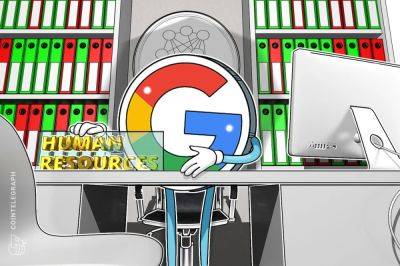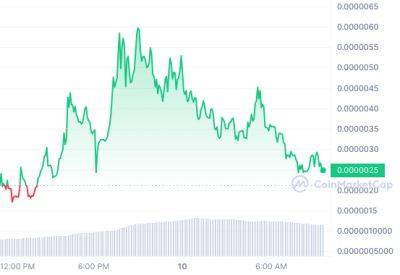The Digital Dilemma for Crypto: How to Unleash the Blocks in the Chains
Disclaimer: The text below is an advertorial article that is not part of Cryptonews.com editorial content.
By Alex Zeltcer, CEO and Co-Founder at nSure.ai
Digital transformations occur when existing technologies and tools hold back growth. Digital processes simplify tracking, eliminate errors, and save time and money. They enable automation and ensure compliance with international standards. When viewed through that lens, it is surprising that cryptocurrency has struggled to gain much wider acceptance in today’s economy.
Despite the strong desire to speed and simplify transactions anywhere, or the significant media attention given to cryptocurrency, its adoption is actually relatively small. The total crypto market is worth an estimated $1.15 trillion, or about 0.8% of the world's currency. An estimated 300 million people are using cryptocurrencies today, which seems like a lot until you realize it is less than 4% of the global population.
Another compelling motivator would be that fiat currencies are frequently at risk of devaluing. In January of this year, Lebanon depreciated its currency by 90%. Over the last half-century, we've seen a number of government-initiated currency deflations. These types of actions should erode confidence in government-issued currencies.
Between the hype and the serious motivations to adopt crypto, we haven’t seen an onboarding of mass scale. Clearly, some ideal market conditions are there, so what is holding it back?
There are plenty of people who aren’t interested in cryptocurrency at this time. Fear, uncertainty, and doubt – coupled with negative stories surrounding failed companies like Celsius and FTX – are keeping some people away.
However, even those who are interested in trying
Read more on cryptonews.com






















